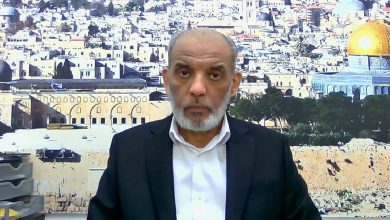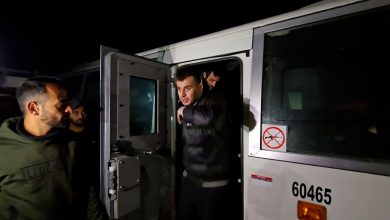The stark reality of the humanitarian crisis in Gaza was laid bare at the symbolic “Gaza Tribunal” held in Istanbul, where a Turkish pediatric surgeon recounted the most agonizing decision of his career: choosing which child would receive life-saving surgery and which would be left to die. Dr. Taner Kamacı, participating in the tribunal’s sessions, described the impossible situation caused by a critical shortage of resources.
“We were forced to choose one child for surgery and leave another to die because there was only one operating room available amidst the severe lack of resources,” Dr. Kamacı explained, his voice heavy with the weight of the decision. He emphasized that he had never faced such a situation before, describing Gaza as “a wound on the conscience of humanity.”
The Gaza Tribunal, established in London in 2024 by academics, human rights advocates, and civil society organizations, arose from the international community’s failure to uphold international law in the Gaza Strip. The Istanbul sessions, which concluded on Saturday evening, brought together international lawyers, journalists, and human rights platforms to document the ongoing suffering of the Palestinian people.
Dr. Kamacı’s testimony painted a harrowing picture of the conditions on the ground. He described the situation in Gaza not as a conflict against a faction, but as a full-fledged campaign of annihilation against civilians and families. He cited egregious violations, including the killing of children and women, the bombing of ambulances, the destruction of hospitals, and the denial of access to water, food, and electricity. The images that reach the outside world, he asserted, represent less than one percent of the painful reality.
The tribunal presented detailed reports documenting over 250 crimes committed against journalists and systematic bombings targeting civilians and infrastructure. These reports shed light on the unfolding genocide that began in October 2023. Over the past two years, the conflict has resulted in the deaths of 68,519 Palestinians and injuries to 170,382 others, the majority of whom are children and women. Furthermore, the destruction has been catastrophic, with 90% of civilian infrastructure in the Gaza Strip reduced to rubble.
The “Gaza Tribunal” aims to highlight the importance of international accountability, preserve evidence of war crimes, and continue documenting the suffering of the Palestinian people. Its organizers stress that behind every statistic lies a story of pain that deserves to be told to the world. The tribunal’s findings are intended to serve as a basis for future legal action and to ensure that those responsible for the atrocities in Gaza are held accountable.
The establishment of the Gaza Tribunal reflects growing frustration with the international community’s inaction in addressing the situation in the Gaza Strip. Despite numerous resolutions and condemnations, the conflict continues to escalate, and the humanitarian crisis deepens. The tribunal serves as a platform for victims to share their stories and for experts to gather evidence of war crimes and human rights violations.
For more information about Palestine, check our dedicated section.
Witnesses at the Istanbul sessions provided compelling accounts of the impact of the conflict on their lives. They spoke of the loss of loved ones, the destruction of their homes, and the constant fear of violence. Many expressed frustration with the international community’s failure to protect them and called for immediate action to end the conflict and hold those responsible for war crimes accountable.
The tribunal’s organizers emphasize that the goal is not simply to document the suffering of the Palestinian people, but also to seek justice and accountability. They believe that by gathering evidence of war crimes and human rights violations, they can help to ensure that those responsible are held accountable for their actions. The tribunal’s findings will be shared with international organizations, governments, and legal bodies to support efforts to bring perpetrators to justice.
The challenges in achieving accountability are significant. The International Criminal Court (ICC) has opened an investigation into alleged war crimes in the Palestinian territories, but faces obstacles in accessing evidence and securing cooperation from relevant parties. The political complexities of the conflict also make it difficult to achieve a consensus on how to address the situation.
Despite these challenges, the organizers of the Gaza Tribunal remain optimistic that their efforts will make a difference. They believe that by raising awareness of the situation in Gaza and gathering evidence of war crimes, they can help to create a climate of accountability and pave the way for a more just and peaceful future. The tribunal’s work is a testament to the resilience and determination of the Palestinian people, who continue to fight for their rights and dignity in the face of unimaginable adversity.
The closure of the Istanbul sessions marks a significant milestone in the Gaza Tribunal’s ongoing efforts. However, the work is far from over. The tribunal will continue to collect evidence, document human rights violations, and advocate for accountability. Its organizers are committed to ensuring that the voices of the victims are heard and that those responsible for the atrocities in Gaza are brought to justice. The suffering of the Palestinian people is a stain on the conscience of humanity, and it is imperative that the international community takes action to end the conflict and hold those responsible accountable for their crimes. The Gaza Tribunal serves as a crucial reminder of the urgent need for justice and peace in the region. The international community must heed the call for action and work together to create a future where all Palestinians can live in dignity and security.



